Influence of different elements on steel properties
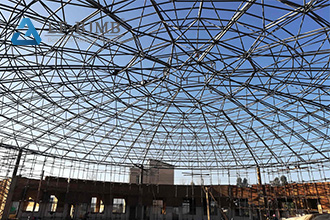
(1) Carbon: the higher the carbon content, the higher the hardness of the steel, but its plasticity and toughness is worse.
(2) Manganese: can improve the strength of steel, can weaken and eliminate the adverse effects of sulfur, and can improve the hardenability of steel, high manganese content of high alloy steel (high manganese steel) has good wear resistance and other physical properties.
(3) sulfur: a harmful impurity in steel, steel containing high sulfur at high temperatures for pressure processing, easily brittle, usually called thermal embrittlement.
(4) phosphorus: can make the plasticity and toughness of steel decreased significantly, especially at low temperatures is more serious, this phenomenon is called cold embrittlement. In high-quality steel, sulfur and phosphorus should be strictly controlled. But on the other hand, in the low carbon steel containing high sulfur and phosphorus, can make its cutting easy to break, to improve the cutability of steel is favorable.
(5) silicon: it can progress the hardness of steel, but plasticity and toughness decline, electrical steel containing a certain amount of silicon, can improve the soft magnetic properties.
(6) molybdenum: can significantly improve the hardenability and thermal strength of steel, to prevent tempering brittleness.
(7) tungsten: can improve the red hardness and thermal strength of steel, and can improve the wear resistance of steel.
(8) chromium: can improve the hardenability and wear resistance of steel, can improve the corrosion resistance of steel and oxidation resistance.
(9) titanium: can refine the grain organization of steel, thereby improving the strength and toughness of steel. In stainless steel, titanium can eliminate or reduce intergranular corrosion of steel.
(10) boron: when the steel contains traces of (0.001-0.005%) boron, steel hardenability can be doubled.
(11) nickel: can improve the strength and toughness of steel, hardenability. When the content is high, it can significantly change some of the physical properties of steel and alloys, and improve the corrosion resistance of steel.
(12) aluminum: can refine the grain organization of steel, inhibit the aging of mild steel. Progress in low-temperature steel toughness, but also to improve the oxidation resistance of steel, steel wear resistance and fatigue strength.
(13) vanadium: can refine the grain organization of steel, steel strength, toughness and wear resistance. When it melts into the austenite at high temperatures, it can increase the hardenability of steel; conversely, when it exists in the form of carbide, it will reduce its hardenability.
(14) copper: its prominent role is to improve the atmospheric corrosion resistance of ordinary low alloy steel, especially when used in conjunction with phosphorus is more obvious.



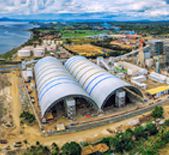

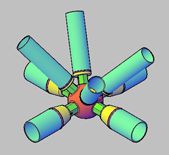
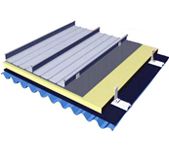
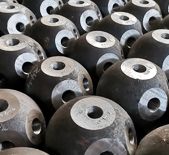



 About Us
About Us 2024-06-03
2024-06-03


